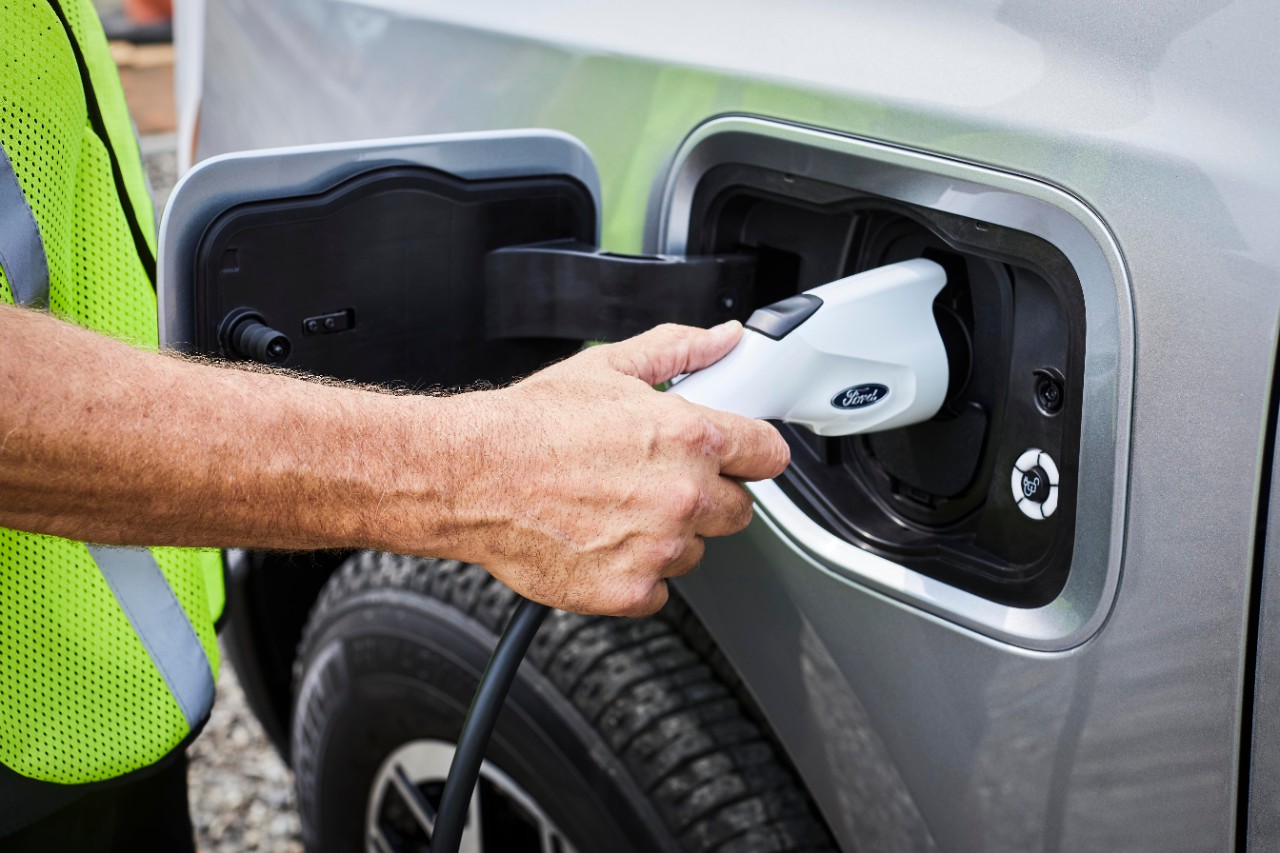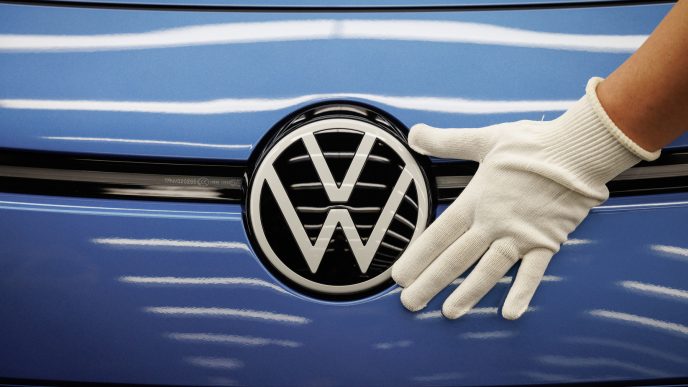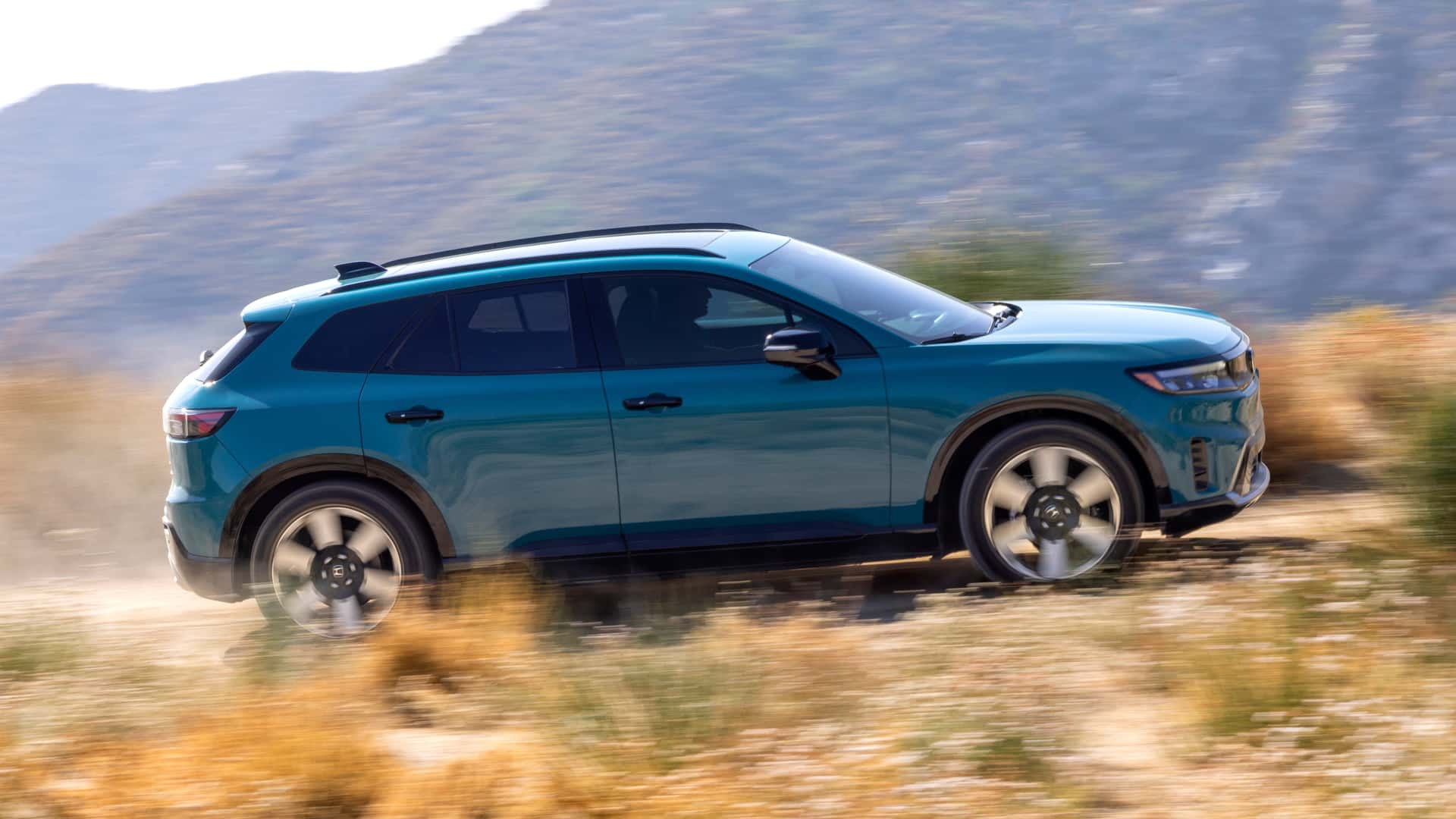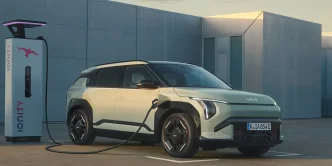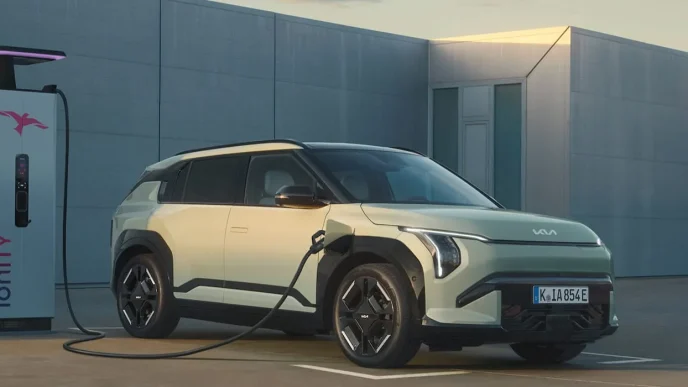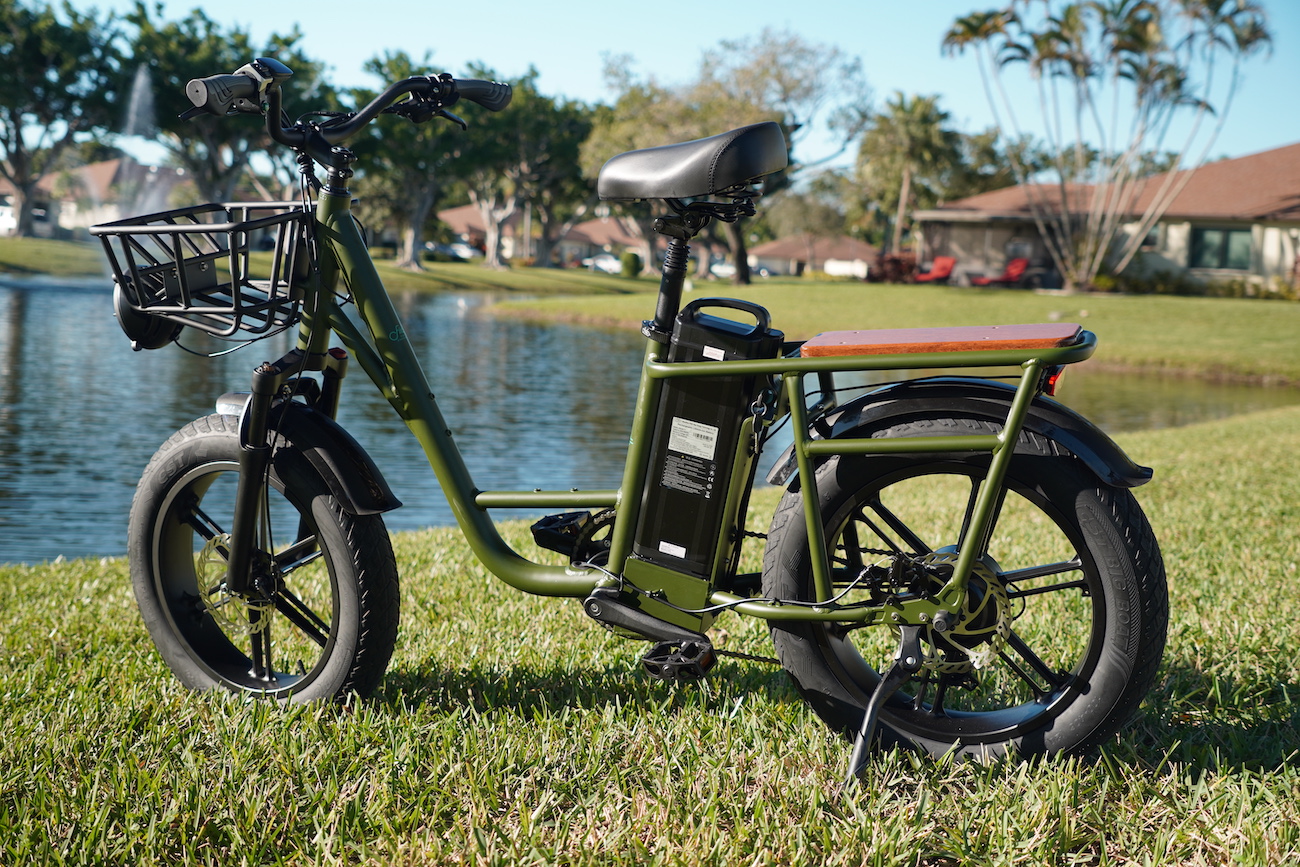Pakistan will reduce the power tariff for electric vehicle (EV) charging stations by 45%, as part of ongoing energy sector reforms aimed at stimulating demand. The country’s Energy Minister Awais Leghari announced the change on Wednesday, noting that the tariff reduction is a key step toward bolstering the adoption of electric vehicles.
“The success of the new policy depends on how the international community lives up to its commitment to catalysing adoption through green financing for such initiatives,” Leghari told Reuters, referring to the unfulfilled commitments from the international community, including up to $10 billion pledged after the 2022 floods.
The Pakistani government has approved a new tariff of 39.70 rupees ($0.14) per unit, down from 71.10 rupees, which is expected to be implemented within a month. The move is part of a broader effort to address the economic crisis and excess power capacity, while encouraging the transition to more sustainable transportation.
The government is also exploring financing schemes for electric bikes and plans to convert petrol-powered two- and three-wheeled vehicles into electric alternatives. Leghari emphasized that the initiative aims to reduce the nation’s reliance on petroleum, with a report highlighting that over 30 million two- and three-wheeled vehicles in Pakistan currently consume more than $5 billion worth of fuel annually.
The government expects a return on investment of over 20% for investors in the EV sector, and in the first phase, it plans to convert 1 million two-wheelers into electric bikes, potentially saving around $165 million in fuel import costs annually. According to a report, BYD Pakistan, a partnership between China’s BYD and Pakistani car group Mega Motors, projects that up to 50% of all vehicles in Pakistan will be electrified by 2030, aligning with global trends.

